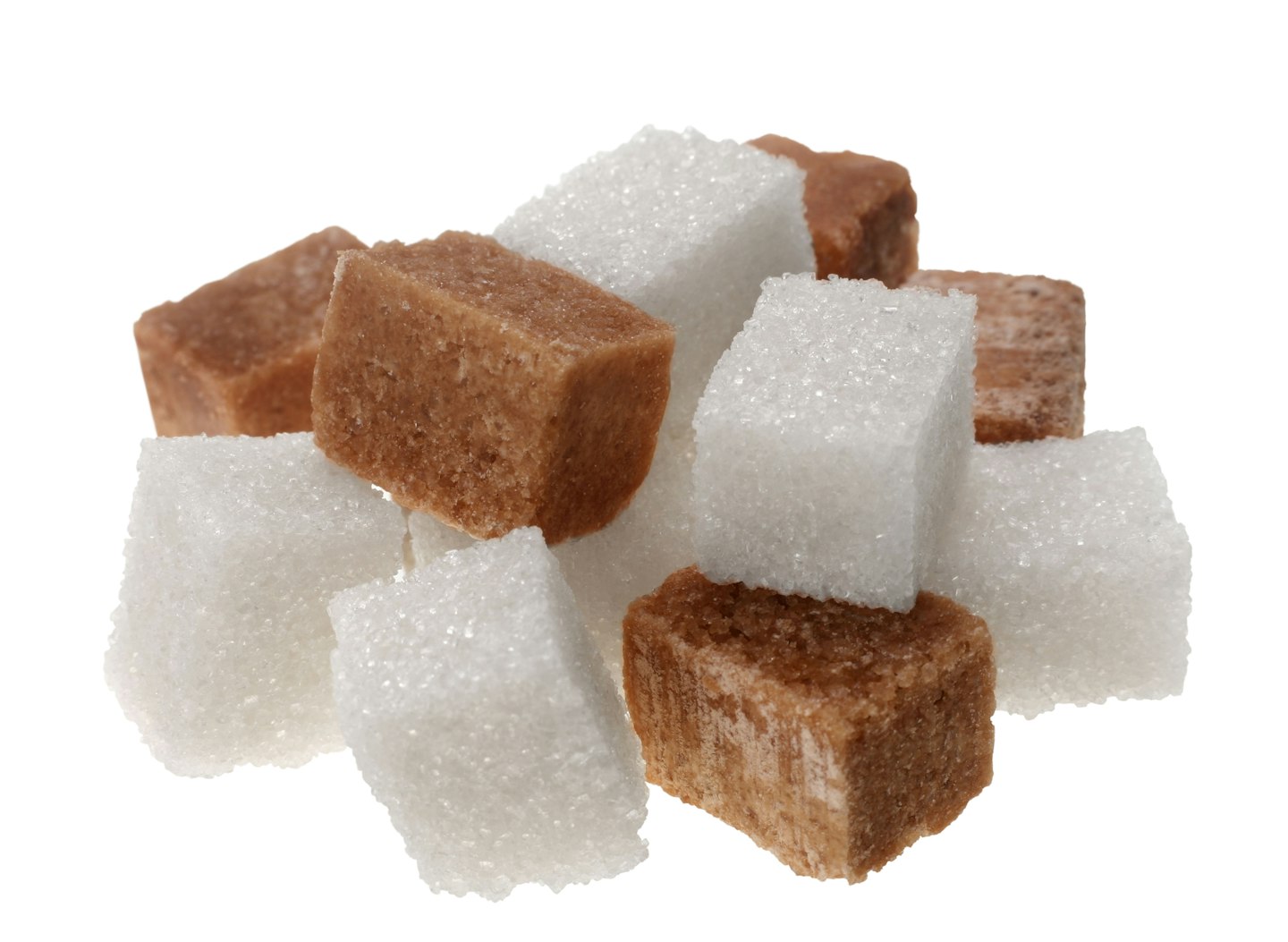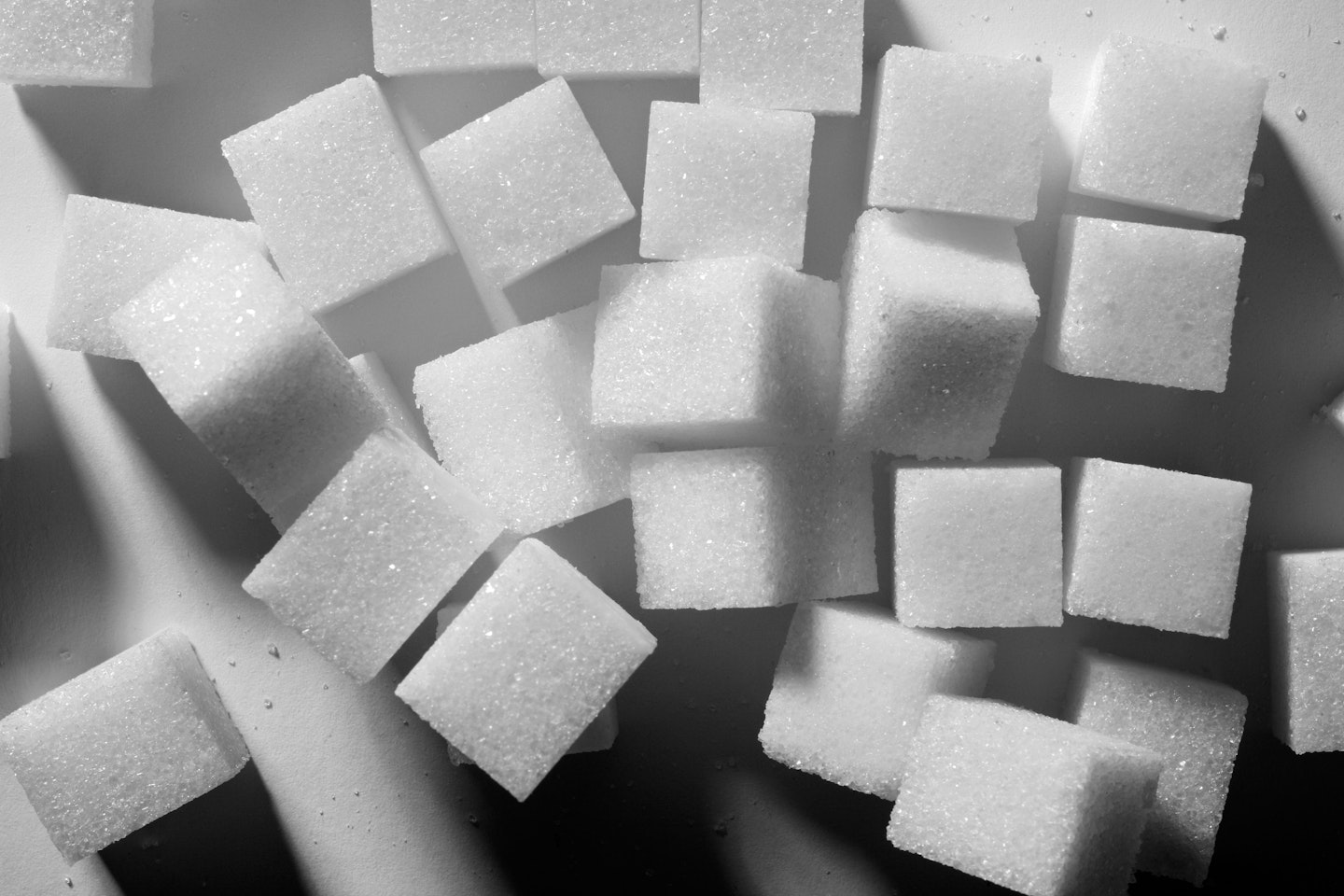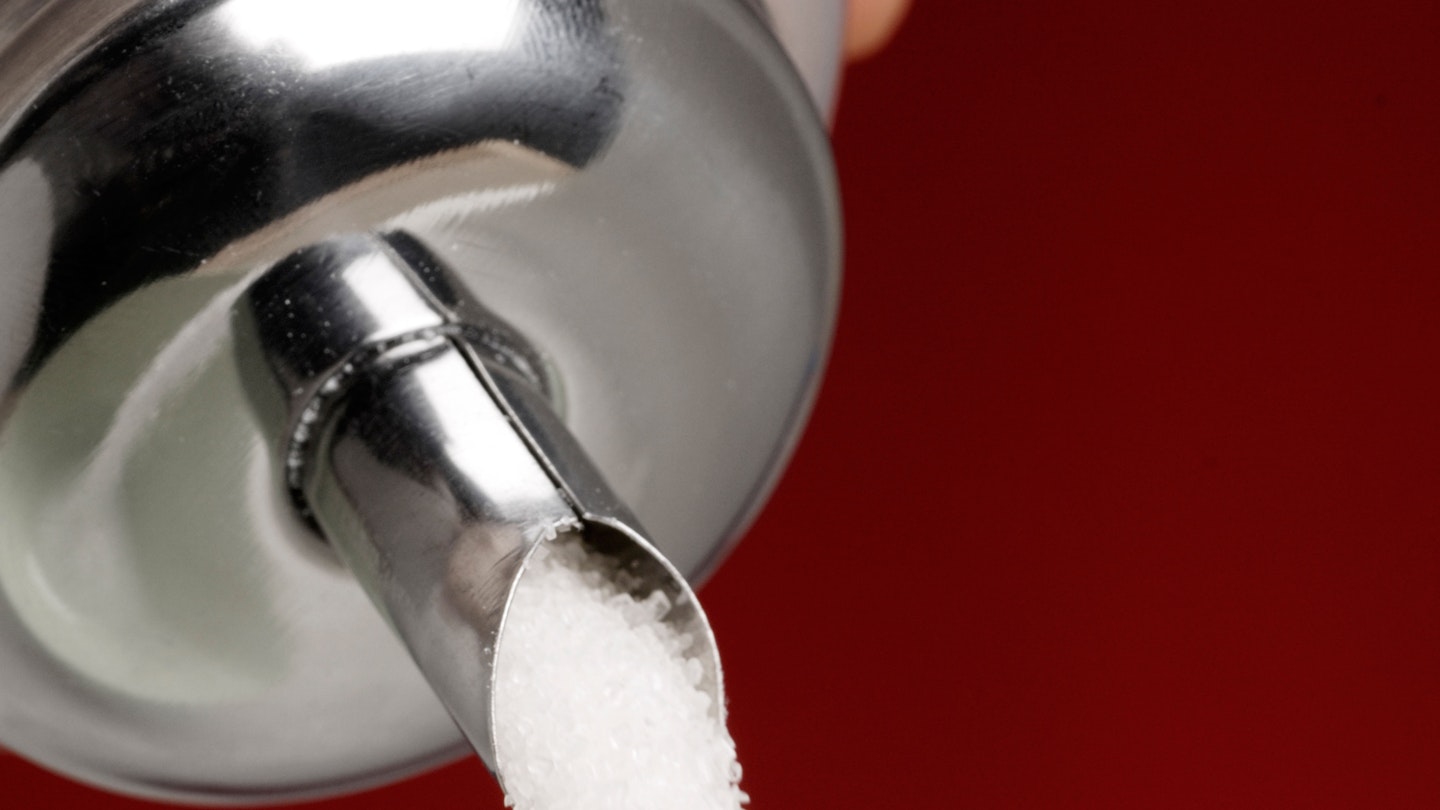It’s pretty well established that excessive sugar consumption should be avoided, and if fact, more and more of us are going completely sugar free.
But for all those sweet-toothed readers out there, we have some happy news for you today.
Yes, sugar isn’t ALL bad. Well, the natural stuff anyway…
According to new research published by Science Signalling journal, there’s been strong links between a certain type of sugar and tackling fatty liver disease.

As we know, sugar is stored as fat in the body, so usually when sugar enters the liver it is stored as triglycerides fats, and this build up and lead to non-alcoholic liver disease.
But, in research conducted on mice, it was shown that a natural form of sugar called trehalose actually worked to block sugar fructose from entering the liver, cutting back the chances of developing liver disease when switch from your average white refined sugar.
But it gets ever better because, the miracle stuff even triggers a cellular ‘housekeeping’ type process that helps to break down and flush out the build up of fat inside the liver cells.
Sounds good, right?
One of the study authors, Brian J. DeBosch, MD, PhD, a pediatric gastroenterologist, explained:
"In general, if you feed a mouse a high-sugar diet, it gets a fatty liver,
"We found that if you feed a mouse a diet high in fructose plus provide drinking water that contains three percent trehalose, you completely block the development of a fatty liver.
“Those mice also had lower body weights at the end of the study and lower levels of circulating cholesterol, fatty acids and triglycerides."
Trehalose is a natural sugar found in plants and insects, and it currently approved as fit to consume, but obviously further research into whether this same effects is replicated on humans needs to be done.

Nonalcoholic fatty liver disease is closely linked to obesity, and it is estimated that up to one in three people in the UK have the early stages of the disease, meaning they have small amounts of fat in their liver.
A healthy liver should have very little to no fat.
